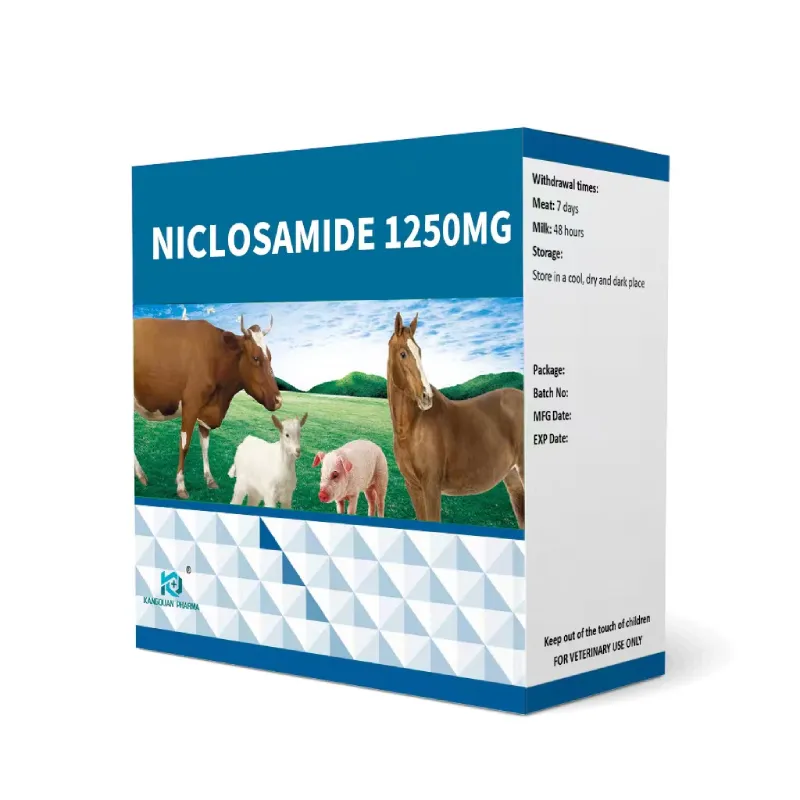- Afrikaans
- Albanian
- Amharic
- Arabic
- Armenian
- Azerbaijani
- Basque
- Belarusian
- Bengali
- Bosnian
- Bulgarian
- Catalan
- Cebuano
- Corsican
- Croatian
- Czech
- Danish
- Dutch
- English
- Esperanto
- Estonian
- Finnish
- French
- Frisian
- Galician
- Georgian
- German
- Greek
- Gujarati
- Haitian Creole
- hausa
- hawaiian
- Hebrew
- Hindi
- Miao
- Hungarian
- Icelandic
- igbo
- Indonesian
- irish
- Italian
- Japanese
- Javanese
- Kannada
- kazakh
- Khmer
- Rwandese
- Korean
- Kurdish
- Kyrgyz
- Lao
- Latin
- Latvian
- Lithuanian
- Luxembourgish
- Macedonian
- Malgashi
- Malay
- Malayalam
- Maltese
- Maori
- Marathi
- Mongolian
- Myanmar
- Nepali
- Norwegian
- Norwegian
- Occitan
- Pashto
- Persian
- Polish
- Portuguese
- Punjabi
- Romanian
- Russian
- Samoan
- Scottish Gaelic
- Serbian
- Sesotho
- Shona
- Sindhi
- Sinhala
- Slovak
- Slovenian
- Somali
- Spanish
- Sundanese
- Swahili
- Swedish
- Tagalog
- Tajik
- Tamil
- Tatar
- Telugu
- Thai
- Turkish
- Turkmen
- Ukrainian
- Urdu
- Uighur
- Uzbek
- Vietnamese
- Welsh
- Bantu
- Yiddish
- Yoruba
- Zulu
ное. . 28, 2024 04:27 Back to list
Dexamethasone Injection for Canine Treatment and Its Therapeutic Applications
Dexamethasone Injection for Dogs Uses, Benefits, and Considerations
Dexamethasone is a synthetic corticosteroid medication widely used in veterinary medicine, specifically for dogs. It is available in various forms, including oral tablets, topical ointments, and injectable solutions. The injectable form of dexamethasone is particularly notable for its rapid action and high potency, making it an essential tool for veterinarians in managing a variety of medical conditions in dogs.
Uses of Dexamethasone in Dogs
Dexamethasone is primarily used as an anti-inflammatory and immunosuppressive agent. Here are some of its common applications
1. Allergic Reactions Dogs can suffer from various allergic reactions, including those caused by food, environmental factors, or insect bites. Dexamethasone can help reduce inflammation and alleviate symptoms such as itching, swelling, and redness.
2. Autoimmune Disorders Conditions in which the immune system mistakenly attacks the body’s own tissues, such as lupus or autoimmune hemolytic anemia, may require treatment with dexamethasone. It helps to suppress the overactive immune response.
3. Shock and Trauma In emergency situations, such as shock due to trauma, dexamethasone may be administered to stabilize the dog's condition. Its anti-inflammatory properties can help mitigate swelling and reduce internal pressures.
4. Chronic Inflammatory Conditions Conditions like arthritis, dermatitis, and inflammatory bowel disease may benefit from the anti-inflammatory effects of dexamethasone, providing relief from pain and discomfort.
5. Certain Cancers In some cases, dexamethasone can be used as part of a multi-faceted approach to treat certain cancers in dogs by reducing inflammation and controlling symptoms related to tumor growth.
Benefits of Dexamethasone
The main advantages of using dexamethasone in dogs include
dexamethasone sp injection for dogs

- Rapid Action As an injectable medication, dexamethasone can produce rapid therapeutic effects, which is crucial in acute medical situations.
- Potency Dexamethasone is more potent than many other corticosteroids, which allows for effective management of conditions that respond poorly to less potent alternatives.
- Versatility Its wide range of applications makes dexamethasone an essential medication in a veterinarian’s toolkit. It can be used for both short-term and long-term treatment plans, depending on the condition being treated.
Considerations and Side Effects
While dexamethasone can be highly effective, there are important considerations and potential side effects to note
- Side Effects Dexamethasone can cause a variety of side effects, including increased thirst and urination, increased appetite, weight gain, and gastrointestinal issues. Long-term use can lead to more severe complications, such as Cushing's disease, immune suppression, and delayed wound healing.
- Dosage The appropriate dosage must be determined by a veterinarian, as it can vary based on the specific condition being treated, the severity of the symptoms, and the dog's overall health.
- Monitoring Dogs on dexamethasone should be closely monitored for side effects and response to treatment. Regular veterinary check-ups are essential to adjust the treatment plan as necessary.
- Contraindications Dexamethasone should not be used in dogs with certain conditions, such as systemic fungal infections, unless specifically indicated. It is essential for pet owners to inform their veterinarian of any underlying health issues before starting treatment.
Conclusion
Dexamethasone injection is a vital therapeutic option in veterinary medicine, particularly for dogs facing acute and chronic health challenges. While it offers significant benefits in controlling inflammation and immune responses, pet owners must be aware of possible side effects and the need for professional oversight during treatment. Consultation with a veterinarian ensures that the decision to use dexamethasone aligns with the best interests of the dog's overall health and well-being. As always, any concerns about a pet’s health or medication should be addressed promptly by a qualified veterinarian.
-
Guide to Oxytetracycline Injection
NewsMar.27,2025
-
Guide to Colistin Sulphate
NewsMar.27,2025
-
Gentamicin Sulfate: Uses, Price, And Key Information
NewsMar.27,2025
-
Enrofloxacin Injection: Uses, Price, And Supplier Information
NewsMar.27,2025
-
Dexamethasone Sodium Phosphate Injection: Uses, Price, And Key Information
NewsMar.27,2025
-
Albendazole Tablet: Uses, Dosage, Cost, And Key Information
NewsMar.27,2025













